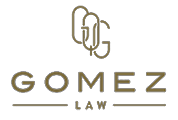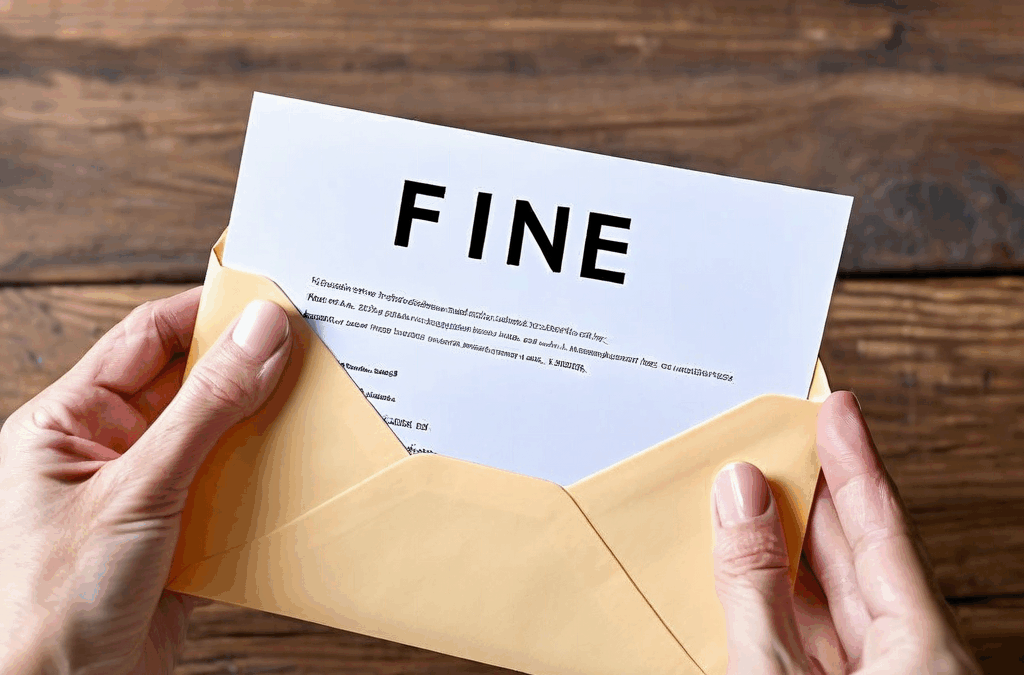If you don’t pay HOA fines in Florida, the immediate consequences differ significantly from those of unpaid HOA fees or assessments.
Under Florida law, specifically Florida Statute § 720.305(2), an HOA cannot place a lien on your property for fines under $1,000, a vital protection for every homeowner in HOA communities.
When a homeowner fails to pay fines, the association must follow specific procedures before taking legal action. Your homeowners’ association may:
- Send written notices demanding payment of the fine
- Suspend privileges to use community amenities until fines are paid
- Report unpaid dues to credit agencies (if governing documents permit)
- Take legal action through small claims court
- Pursue collection after obtaining a judgment
The HOA must provide proper notice to the homeowner before escalating collection efforts. While these actions won’t directly threaten foreclosure like unpaid fees might, ignoring HOA fines can still result in mounting legal costs and damaged credit.
Are HOA Fines Enforceable Under Florida Law?
The law requires HOAs to impose fines for violations only after following strict procedures.
For a fine to be valid and enforceable, your HOA must:
- Document the violation of specific rules
- Provide written notice of the alleged HOA rule violation
- Offer a hearing before an independent committee
- Issue written findings after the hearing
- Give homeowners adequate days to pay the amount due
When HOAs fail to comply with the terms of these requirements, homeowners may successfully challenge the fines. This is why every homeowner should understand their rights when facing an HOA fine.
Proper Procedures HOAs Must Follow to Levy Fines
The association must provide at least 14 days’ written notice before a hearing, giving the homeowner time to prepare their defense. This notice must include details about the violation and the homeowner’s rights.
The hearing must occur before an independent committee within 90 days of the violation. During this hearing, homeowners can:
- Present evidence to correct the violation claims
- Bring witnesses to support their case
- Have legal representation
- Challenge whether they’re required to pay
After the hearing, the committee has seven days to issue its decision. If they approve the fine, the homeowner receives additional days to pay the fines before further action. This process ensures due process for every homeowner facing fines.
HOA Foreclosure and Lien Rights in Florida
When a homeowner falls behind on assessments, the HOA may:
- Send a notice of late assessment
- Issue a notice of intent to record a lien (45 days to pay)
- Record a claim of lien on the property
- Send a notice of intent to foreclose
- Initiate a foreclosure action
The foreclosure process for unpaid fees involves multiple notices giving homeowners 45 days to pay at various stages. Interest on unpaid assessments continues accruing throughout this process, potentially turning small debts into substantial obligations.
Unlike fines, which cannot become liens under $1,000, assessment liens attach directly to your home in an HOA, creating immediate risk to property ownership.
Can an HOA Foreclose on Your Home for Non-Payment?
Some HOAs attempt to include fines as special assessments in their governing documents to gain lien rights. However, courts scrutinize these attempts, and homeowners may challenge such provisions with help from a real estate lawyer.
The foreclosure action requires:
- Filing a lawsuit with proper notice to the homeowner
- Proving compliance with all statutory requirements
- Obtaining a foreclosure judgment
- Conducting a foreclosure sale
Throughout this process, the homeowner may file a notice of contest of lien, challenge procedural failures, or negotiate payment arrangements. A foreclosure attorney can help identify defenses and protect your property rights.
Understanding New Florida HOA Laws and Homeowner Protections
Key provisions that help homeowners include:
- Right to request detailed accounting of all amounts owed
- Automatic waiver of certain fines if the HOA must provide accounting within 15 business days but fails
- Enhanced transparency requirements for HOA boards
- Protection for holiday decorations and religious displays
- Restrictions on arbitrary parking rules and trash regulations
The law also introduces criminal penalties for fraudulent HOA board activities and strengthens legal options for homeowners. These reforms recognize that HOAs must balance enforcement with homeowner rights.
Negotiating and Reducing HOA Fines
Effective negotiation strategies for homeowners include:
- Documenting any failure to pay proper notice by the HOA
- Proposing payment plans for legitimate fines
- Offering to comply with the terms of reasonable requests
- Suggesting mediation before legal action
- Showing selective enforcement against your property
Many associations prefer settling rather than pursuing costly legal recourse, especially when their procedures are questionable. Understanding your rights strengthens your negotiation position.
Fighting Invalid HOA Fines as a Homeowner
Procedural Violations
Substantive Defenses
Accounting Demands
Evidence Collection
Many homeowners successfully defend against improper fines without attorney fees by understanding these requirements.
Legal Process for Non-Payment of HOA Fees vs. Fines
For Fine Collection
For Assessment Collection
This distinction becomes crucial when homeowners face both types of debt. Prioritizing assessment payments while challenging questionable fines often represents the most strategic approach.
When to Hire an Attorney for HOA Disputes
An attorney can help by:
- Identifying Violations: Determining whether the HOA failed to follow Florida law requirements or violated your rights as a homeowner.
- Strategic Planning: Evaluating whether to pay the fines, negotiate, or fight based on the strength of your position and potential fees and costs.
- Negotiation Power: Professional representation often prompts more reasonable settlement offers from HOAs accustomed to dealing with unrepresented homeowners.
- Litigation Management: If foreclosure action becomes necessary, attorneys navigate complex procedures and rules that overwhelm self-represented parties.
- Fee Recovery: Florida law often allows recovery of attorney fees when homeowners prevail, making representation financially feasible.
The investment in legal counsel often saves money through reduced fines, avoided liens, and prevented foreclosure. Moreover, establishing successful challenges deters future arbitrary enforcement.
Conclusion: Know Your Rights and Take Action
Key takeaways for homeowners:
- Fines under $1,000 cannot result in a lien on the property
- HOAs must follow strict procedures to impose valid fines
- Regular assessments pose greater foreclosure risk than fines
- New laws provide powerful tools to challenge improper fines
- Professional help often pays for itself through better outcomes
Remember that while HOAs can enforce rules, Florida law requires them to do so fairly and legally. When homeowners understand and assert their rights, associations typically become more reasonable in their enforcement efforts.
Whether you currently face an HOA foreclosure threat or simply want to understand your rights, knowledge of HOA laws empowers you to protect your property while maintaining your obligations as a community member.

